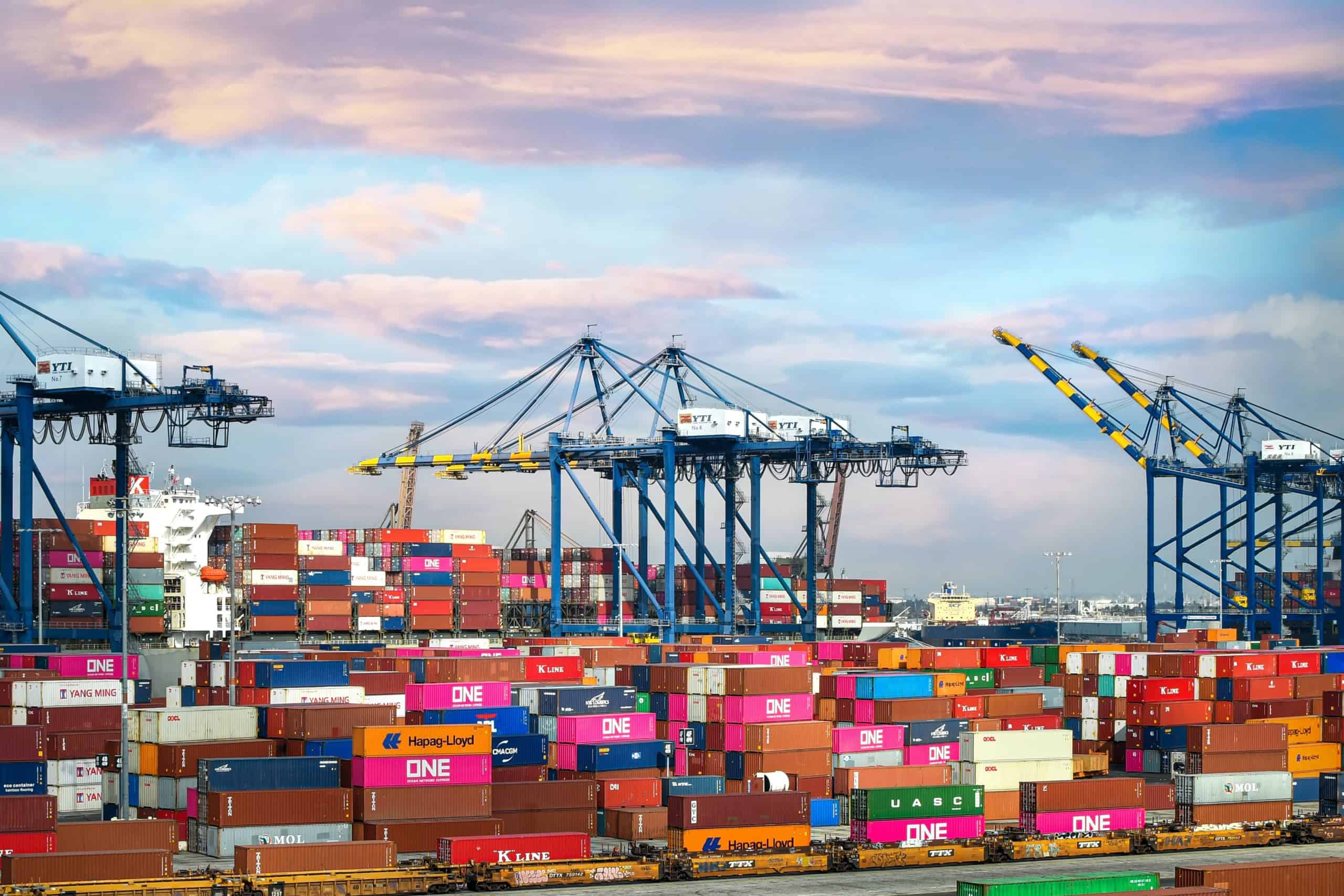This week we had our Morning Coffee with Marcelo de Fuentes, Founder and General Director in Fundary
Contxto – Prioritising access to the use of a commodity over owning it. It’s one of the big trends that studies from Euromonitor and Ernst & Young have seen make new generations distinctive and which are changing the logic of the “purchase-and-use” model. This particularly true of fixed assets such as houses, cars, furniture, among others.
Owning one of these commodities is not only financially inefficient—as the possible future value, which by the way, is uncertain, is granted no importance—, but it is seen as a commitment to a world in which trends are rapidly changing (“fast fashion”) and the freedom of territorial mobility is fundamental generational win.
For a young person in their twenties, to dream of owning a house for when they have a family, complete with furniture to inherit to future generations or to buy a car that enhances their sense of belonging to a social group is anachronistic.
It is more reminiscent of a time when people sat in Chippendalesque rooms with little knitted doilies on the armrests, drinking vermouth in cut crystal glasses, listening to The Platters. (As you can see, dear reader, what I just did there is a projection that illustrates just how many times I have orbited the Sun on this planet earth.)
This trend was happening not only at lightning speed, but it was beginning to change shopping and consumption habits for other goods. This was thanks to the available income as a consequence of its redistribution.
In other words, “income elasticity” was making itself felt, displaying some principles of economic theory and benefiting sectors like travel, events, restaurants, bars, fashion, tech, etc.
But, suddenly, life changed. Without a prelude that prepared us for an onslaught of such magnitude.
A hard turn for the sharing trend?
We went from sharing to maximize efficiency to “hands off, you could catch an infection”.
From attending to mass events of tens of thousands of people to having to wait outside because only one person per family can go into the supermarket. From crowding tourist attractions to not being able to even set foot on a beach. From looking for a roomie to get out of your parents’ house to returning to the family home during this pandemic.
The sudden halt was so violent and unexpected that we crashed straight into the windscreen of life without decorum nor sympathy.
And now we are facing what some authors regard as a change in course in the massive trend of the collaborative economy.
They claim its psychological effects will leave such a deep scar that it will take us a long time to reallocate the little or much money the economic crisis leaves us with to prioritize sharing over ownership, which will reactivate certain capital markets and fixed assets.
The benefits of the sharing economy
In that sense, I totally disagree.
The collaborative economy, along with other massive trends like the ones related to technology and health, is not a simple change of habits.
It is a modification of the very values and principles related to what is expected of life. It is a modification where the present is valued above a future that—as we’ve learned—is uncertain and over which we have little to no control.
But besides all of that, there is a much deeper logic related to financial and ecological efficiency.
Single ownership: An environmental and economic disaster
In a place like Mexico City, a private car runs approximately 435 miles a month at an average 22 miles per hour, which means that said vehicle is effectively used for 20 hours, but a month has 720 hours. That’s less than the 3 percent.
Whether it is used or not, the mere existence of this poorly utilized asset has an ecological impact on the planet and another in our pockets. We shouldn’t allow this to happen.
Of course, the health crisis will bring a huge slump in the collaborative economy, but I am convinced that it will be V-shaped and that when everything is over. The norm will be the one we were already constructing but powered by a more aware and rational society than that of those who drooled when they read the word “vermouth”.
We’re taking a few steps back, but only in order to take off in vertical ascent towards the construction of a better planet.
Translated by Alejandra Rodríguez
Marcelo de Fuentes has been the founder and CEO of Fundary since 2016, a Mexican fintech company that offers investment tools to the general public and credit to SMEs through crowdlending, a term that refers to a model of loans between people.






